'End of Life' Living
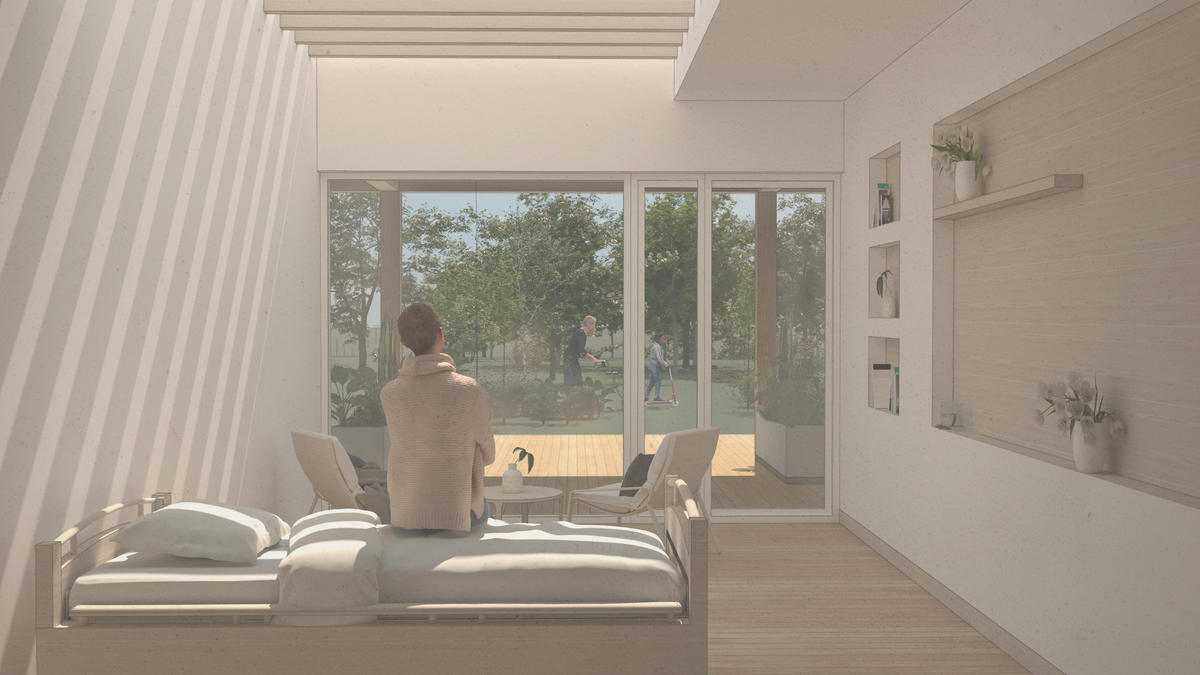
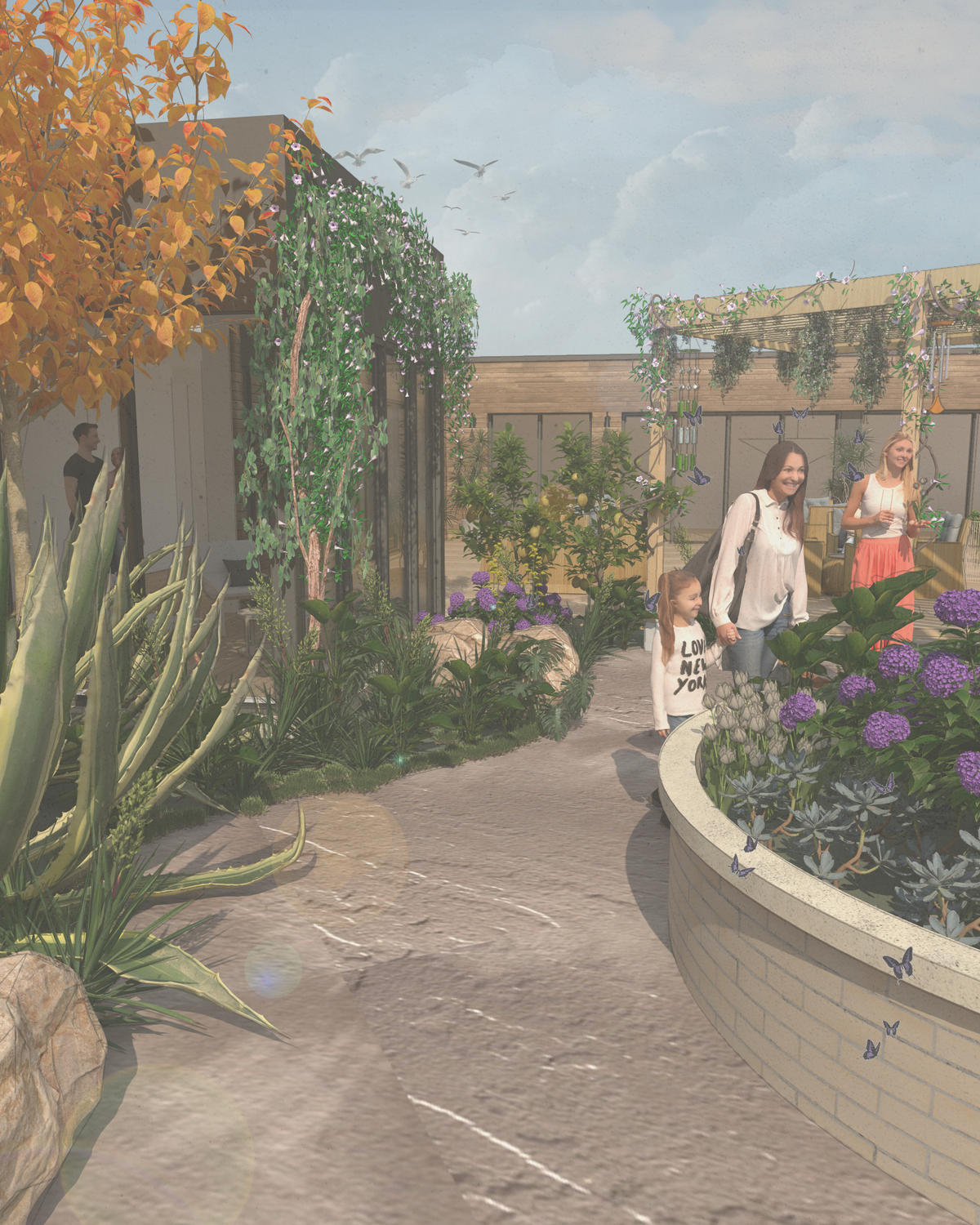
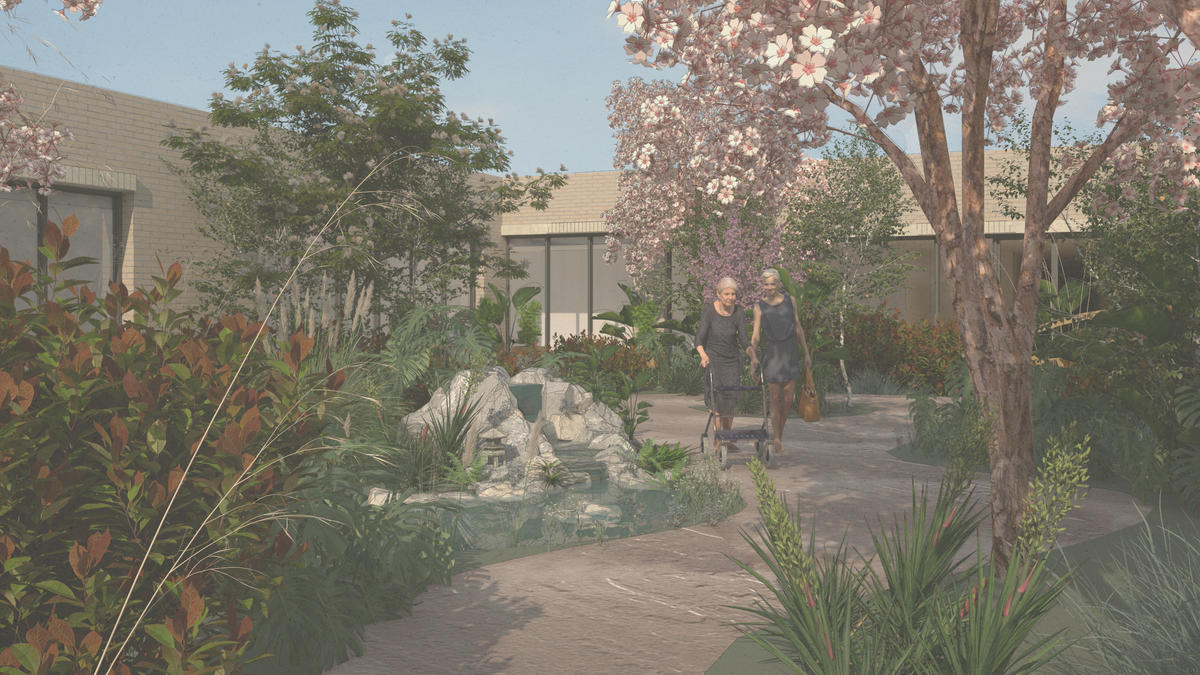
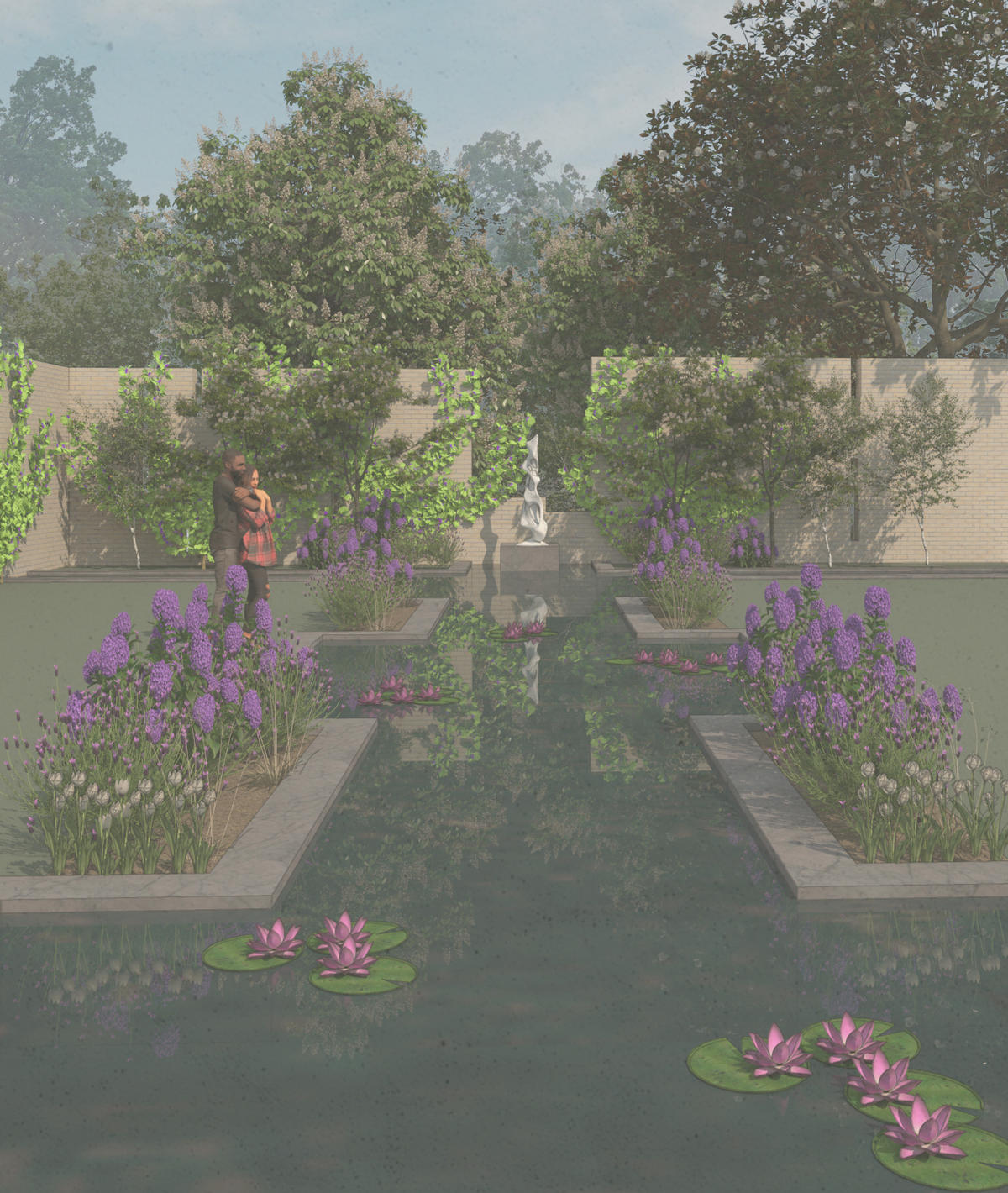
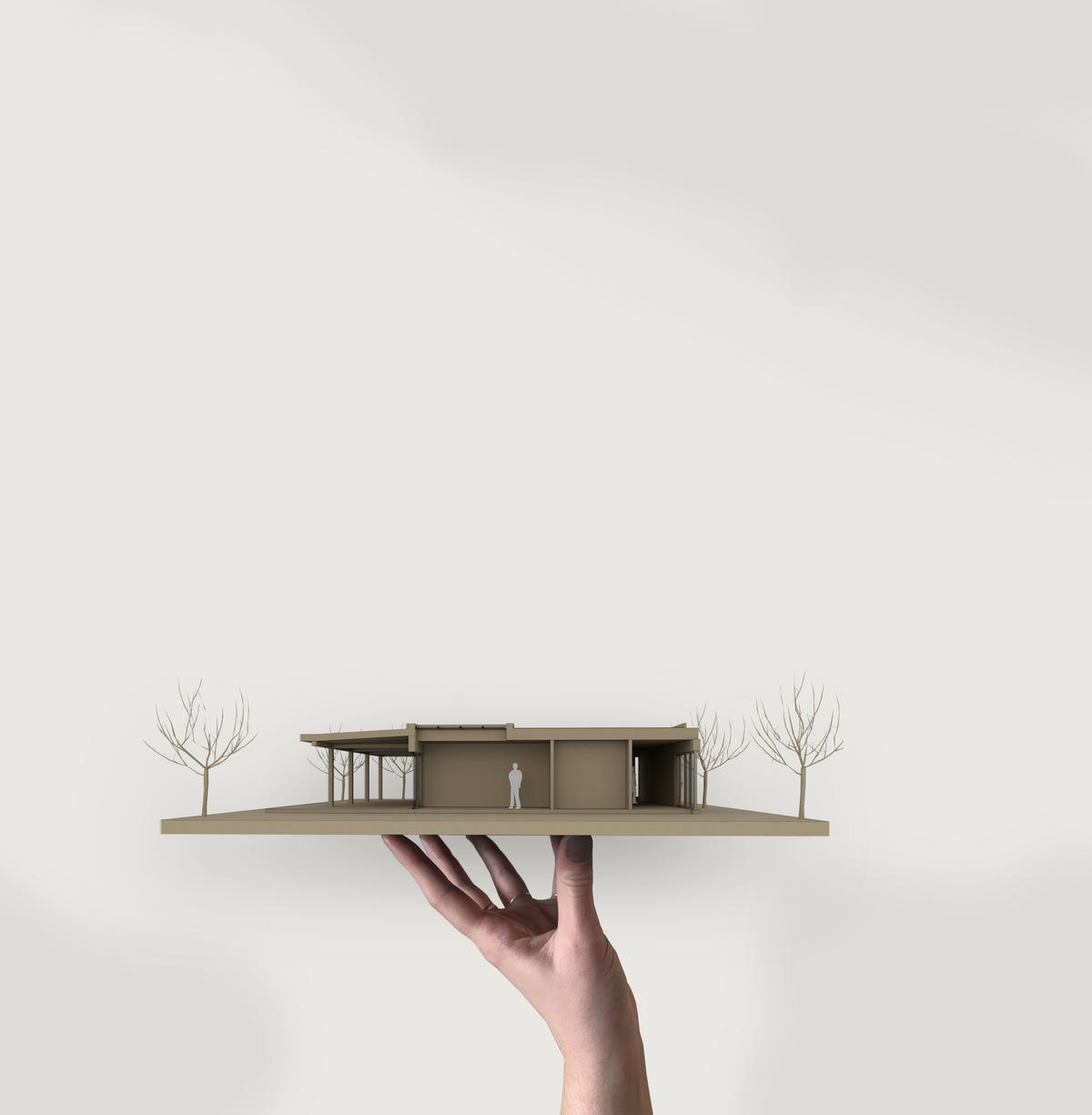
The Patient Room
‘End of life’ Living, does not need to be the end of living life. This thesis explores how to de-institutionalise the institution, in order to establish a more domesticated scale and sense of living.
School/Level
Category
Year
This thesis project concentrates on the idea of end of life Living, through designing a domesticated scale hospice and palliative care centre. People with terminal illnesses deserve a safe and comfortable environment to live in, if living at home is not a viable option. Death and dying are often uncomfortable conversations that society shy away from. Architect and urban designer Alison Killing discussed the conversations regarding death, or lack thereof, in her TEDtalk. She theorises that the aftermath of World War II created a shift in how society viewed healthcare. However ‘with all the focus on life, death was forgotten’. She suggests that if society opened up this conversation of dying, and the way we view death as a concept, then the way society approaches death and designing for death, will change too. In order to understand the changes in the way we design for dying, a comprehensive understanding is needed of the perceptions and the changes to how society and culture has traditionally dealt with death.
However, in light of a global pandemic, the ageing population, and a more informed approach to ‘End-of-Life’ living, is there a potential to design an optimal sanctuary to allow those progressing to the last phases of life a safer, relaxed, and less formal place to die with dignity? This thesis project explores those options, whilst understanding the key principles of designing for the dying.